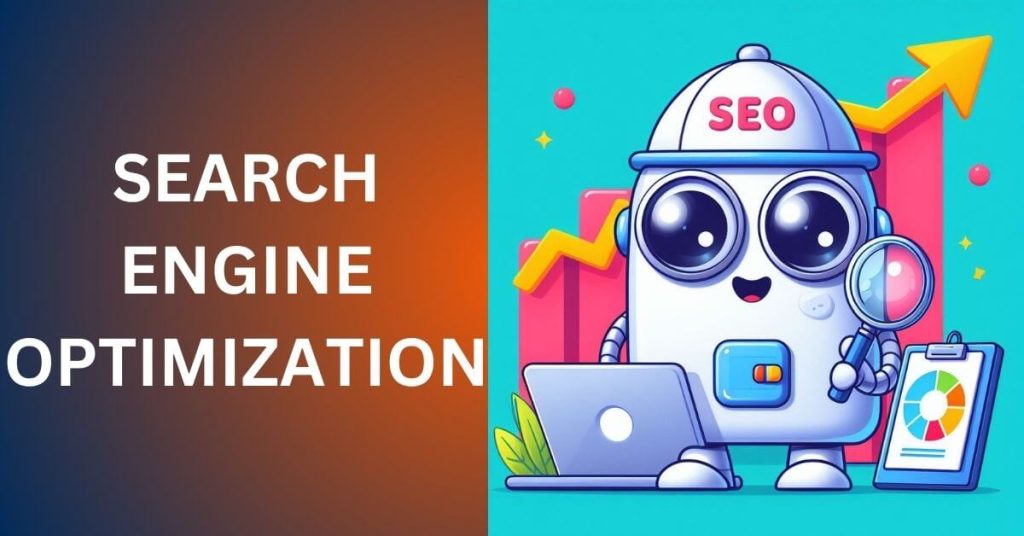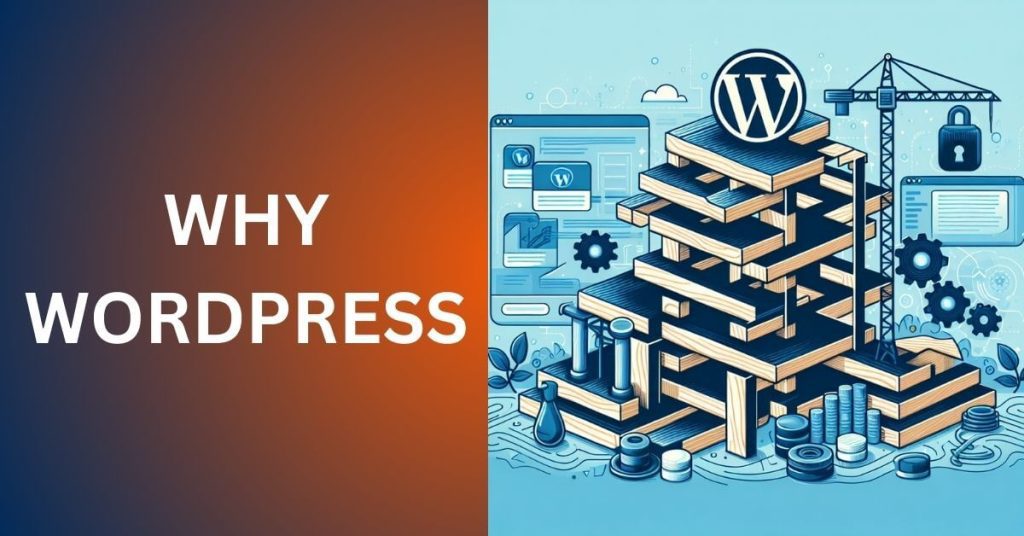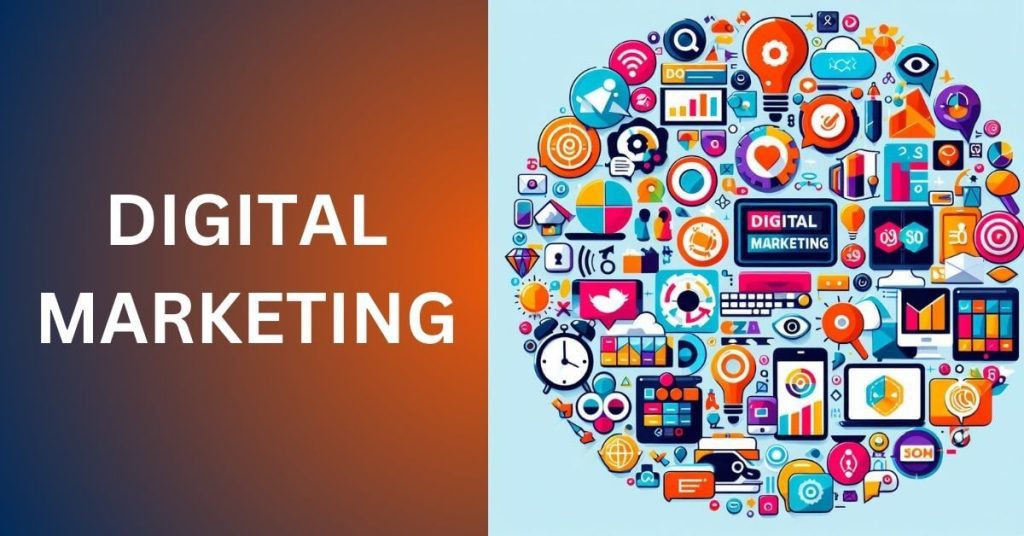If you own a business and haven’t thought about getting a website, you might think your customers aren’t on the internet or that making one is too hard, costly, or takes too much time.
But nowadays, having a website is super important for any business, big or small, no matter what you do. If you don’t have a website yet, let’s talk about why you should consider getting one.

Facts and statistics that highlight the importance of a website for businesses
I found some interesting facts and statistics that highlight the importance of a website for businesses.
- User Engagement and Design: The layout and content placement on a website significantly influence user interaction, with a preference for content on the left half of the page. The popularity of WordPress as a CMS for 42.4% of all websites illustrates the platform’s versatility and user-friendly design capabilities. The fact that 73% of businesses invest in website design to stand out from competitors underscores the crucial role of design in attracting and retaining customers.
- Video Content and UX: Incorporating video content on websites has shown to keep visitors engaged longer, with an 88% increase in the time users spend on a site. This engagement is critical in a digital era where user experience (UX) can dramatically influence a website’s success. For instance, a well-designed user interface can boost conversions significantly.
- Mobile Optimization: With over half of global internet users accessing websites through mobile devices, optimizing for mobile is not optional but essential. A mobile-friendly website not only caters to a broader audience but also enhances user experience, with 61% of users unlikely to return to a poorly optimized site. This optimization impacts recommendations, as 57% of users wouldn’t recommend a business with a poorly designed mobile site.
- Small Business Digital Strategy: Despite budget constraints, with 28% of small businesses spending less than $500 on their website, the emphasis on mobile optimization is notable, with 94% of small business websites being mobile-friendly. This adaptation reflects an understanding of the digital landscape and the need to provide a seamless user experience across devices.
Key Reasons for Every Business to Have a Website
1. Online Presence 24/7
A website provides your business with a virtual presence that is accessible 24/7. This means that your customers and potential clients can visit your business virtually anytime they want, even outside of normal business hours.
They can learn about your products, services, and any other information about your business at their convenience. This constant availability can significantly enhance customer engagement and satisfaction.
2. Increased Credibility
Having a professional website significantly enhances the credibility of your business. Consumers often judge a business by its website’s appearance. A well-designed, easy-to-navigate site with high-quality content can help potential customers perceive your business as credible and trustworthy.
It also provides an opportunity to showcase testimonials and reviews from satisfied customers, further boosting your business’s credibility.
3. Business Information Control
A website serves as a central hub where you control the narrative about your business. You dictate what’s on the site, from the history and background of your business, your mission and vision, to pictures of your products or your team.
This control allows you to shape the image of your business in your customers’ minds, ensuring they get the right impression.
4. Cost-Effective Advertising
Traditional advertising methods like print and TV ads can be expensive and hard to measure. By contrast, online advertising methods such as SEO (Search Engine Optimization), PPC (Pay-per-click) advertising, and social media ads can direct traffic to your website at a fraction of the cost.
These methods also provide detailed analytics, allowing you to measure their effectiveness and adjust your strategies accordingly.
5. Business Expansion
A website eliminates geographic boundaries, enabling you to reach customers thousands of miles away. This global reach is almost impossible with a traditional brick-and-mortar business.
Whether your customers are in the next town or on another continent, they can access your website just as easily. This can significantly expand your customer base, leading to increased sales and revenue.
6. Customer Service Improvement
A website can significantly improve your customer service. It can offer quicker, more efficient ways for your customers to get in touch with you. Features like online chats provide real-time assistance, while forums can foster a community of users who help each other.
FAQ pages can provide immediate answers to common questions, and contact forms ensure that even complex queries are neatly organized and easy to respond to.
Moreover, your website can serve as a platform for customers to leave feedback and reviews. This not only helps you understand your customers better but also builds trust with potential customers who visit your site.
7. Showcase Products and Services
Your website serves as a comprehensive platform where you can showcase your products or services. With features like a photo gallery, you can display your products or outline your services in detail, providing more information than traditional print materials allow.
Moreover, if your offerings change regularly, you can easily update your site to reflect these changes. This ensures that your customers always have access to the most current and accurate information about what you offer.
8. Connect With New Customers
A website is a powerful tool for attracting new customers. Through the use of SEO (Search Engine Optimization), you can improve your website’s visibility in search engine results, making it easier for potential customers to find you.
This increased visibility can lead to higher traffic to your site, and ultimately, more customers for your business.
9. Data Collection
One of the key advantages of having a website is the ability to collect data about your customers and visitors. By using analytics tools, you can gain insights into who is visiting your site, how they found you, what they’re interested in, and more.
This valuable information can guide your business strategies, helping you to better understand your customers and meet their needs.
10. Keep Up With Competitors
Having a website is essential to stay competitive. It’s almost certain that your competitors have a strong online presence. If you don’t have a website, you’re giving your competitors the advantage. A professional, well-designed website allows you to level the playing field and compete effectively in your industry.
In conclusion, if your business doesn’t have a website yet, it’s very important to create one. A website offers many advantages – it helps you reach more potential customers, create a positive online presence, improve customer service, and keep up with competitors. Setting up a website can be a simple and affordable process, and it can greatly benefit your business. Getting a website is an investment in your business’s future that can provide excellent returns.




